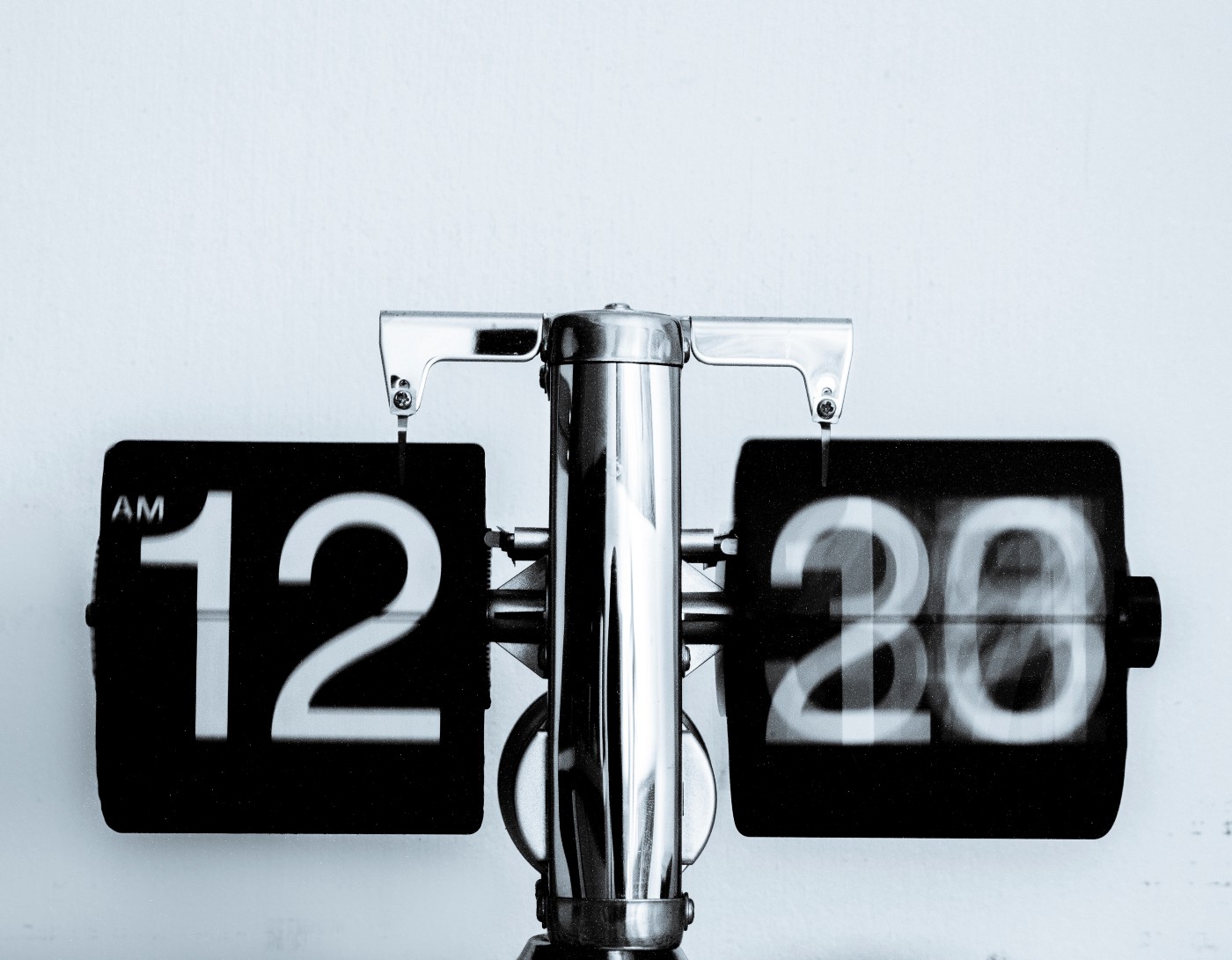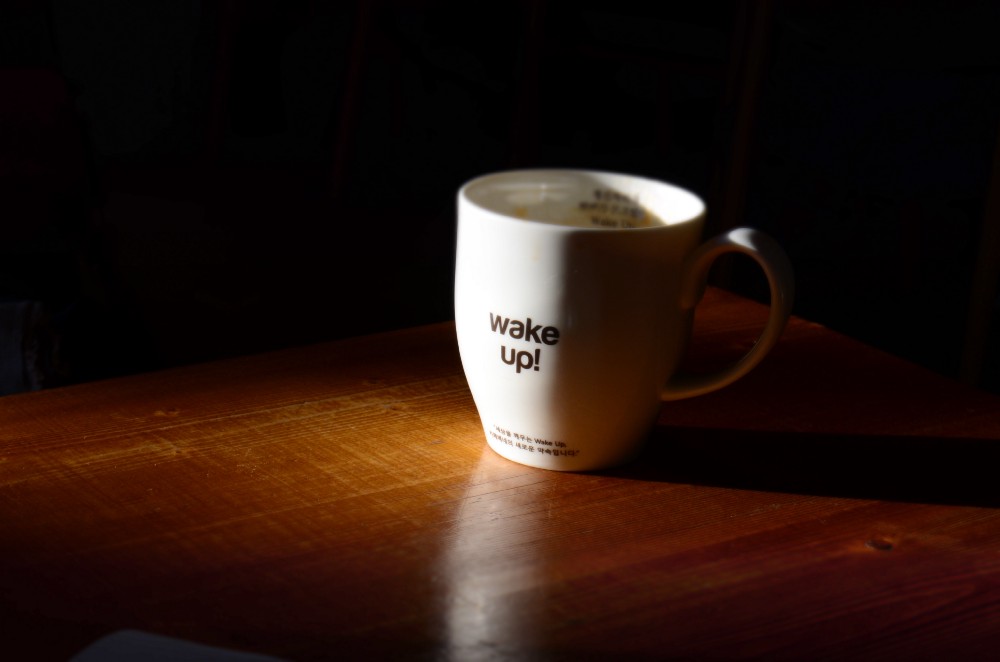It’s the one thing we all have access to — and never use right

Look, if you’re hoping for some breakthrough “secret” or some revolutionary “formula” to success… let’s just stop.
There isn’t one.
Self-help book writers may want you to believe they’ve figured out something elusive, that they’ve captured lightning in a bottle. The thing is, your success hinges on only one thing. It’s the one thing we all have in common no matter where we’re from: time.
I’m not naive. Sheer luck (like where and to whom you’re born) can be a major leg-up. We can all agree that Kylie Jenner is not self-made. But how many times have we seen someone born with almost nothing grow to kick butt and take names? And how many people born with privilege have wasted their own opportunity?
Success is measured by achieving goals and making the most of the opportunities you’ve got. Is someone born wealthy who coasts through life, complacent with privileged mediocrity, a success? No.
Someone who had worse than nothing like Oprah or someone like Bill Gates, who had the extraordinary fortune of having access to a university computer as a kid, both created empires. What’s the common thread? Both achieved success because of how and where they used their time.
The Oldest Trick in the Book
How do you use your time wisely? It’s simple — build a routine.

Successful people have been doing it for all of history. It’s not the fancy “principles” or “rules” or “laws” of whatever online listicle or bestseller you might have been looking for. Real answers are often simple and obvious.
A routine helps you grab control and stayed honed in amid a world of distractions. You establish a line of defense against short-sighted impulses — if you’re able to stick with it. Controlled, productive spurts and a balanced lifestyle become second-nature. You keep your eye on the most important, long-term priorities all while getting shit done.
Routines allow successful people to control their time and energy.
Make your Habit your Goal
The building blocks of routine are positive habits. Habits let your mind run autopilot for stressful activity so you can flex your creativity. You can push yourself to do better and deal with the chaos of the rest of the day. The way your brain switches to autopilot or “energy-saving” mode for habitual tasks is your body’s way of conserving mental power for more irregular tasks that require focus.
This is how you do more, more efficiently.
Think of the daily routines you have already. Backing out of the driveway, brushing your teeth…nothing to it, right?
Adding this sort of rigidity and mindlessness to life actually allows you to be more creative. Think of all the brain power you can allocate to more important tasks.
What if you could give yourself the mental space to create? What if you could train yourself to pull away from the self-doubt and let the flow take over?

Through routine, you can carve out space to learn and experiment consistently.
Routine has had a powerful role in my own life. If I get off track of my routine, I’m working out less, getting less sleep, my output gets sluggish. When I have a solid routine, business is booming, and creativity flows almost effortlessly from my team. The grind becomes fun.
Scaling the Plateau
Here’s the thing: creating positive habits isn’t easy. Think of all the unfulfilled New Year’s resolutions. If making positive habits were easy, we’d all be successful.
Award-winning director and screenwriter Woody Allen said:
“Showing up is 80 percent of success.”
As problematic as the guy is, he deserves credit for being prolific. As he says, getting over the reluctance to do something at all is what separates the mediocre from the achievers.
So how do you do it? Cues and a strategy.
Routines become clockwork when you have something to trigger your habits. Use alarms or visual cues and make a promise to yourself to commit. Change your commute route to pass by your gym or set an alarm every morning to write.
Set realistic, incremental checkpoints. Start small and don’t allow excuses. Then work your way up. Too many people overwhelm themselves too early. They burn out or chaos throws them off. Build your routine piece by piece.
Each habit is tough to ingrain, but once you do, your brain will have a lot more free space.
What are you going to do with all of it?


